The Food & Drink Federation has released a future strategy for the food industry called Ambition 2030. But what is it and how does it help food manufacturing?
The food and beverage industry is no stranger to big challenges. Climate pressures, shifting regulations, and a customer drive for supply transparency are just a handful of the issues businesses are navigating.
Ambition 2030, the new sustainability strategy from the Food & Drink Federation, has been designed to support businesses as they develop more sustainable ways of working. It maps out clearly how the industry can collaborate to reach net zero, reduce environmental damage, and take more equitable, more sustainable routes.
Join us as we go through the key points of FDF Ambition 2030.
Understanding Ambition 2030
The Food & Drink Federation (FDF) launched Ambition 2030 to provide manufacturers with a roadmap for sustainability. Rather than just a tick-box exercise, the initiative outlines actions and measurable steps that focus on three broad areas:
- Environmental sustainability: Low-carbon emissions, minimising waste, water conservation, and solutions to packaging challenges.
- Social value: Employee well-being, staff skills development, and community engagement
- Economic resilience: Compelling the sector to become competitive in making the shift to cleaner, greener practices
The guidance is in accordance with regulatory requirements like the Corporate Sustainability Reporting Directive (CSRD), the Corporate Sustainability Due Diligence Directive (CSDDD), Packaging and Packaging Waste Regulation (PPWR). The legislation is changing the manner in which companies track, report, and react to their environmental and societal influence. Companies that get a head start on these expectations now won't just be staying ahead of the competition, they'll gain the confidence of retailers, investors, and consumers.
For a more detailed view of these evolving rules, you can look at Foods Connected's CSRD, CSDDD, and PPWR blogs.
Ambition 2030: action points
The Ambition 2030 framework is built upon five pillars, each of which holds a unique ambition and rationale for action. For makers, these are framed as concrete areas where progress can be demonstrated and reported:
- Net zero: The ambition is to cut emissions by 50% throughout the agri-food supply chain by 2030. Since the industry has accounted for almost a quarter of the UK's overall carbon footprint, companies are being urged to scope out Scope 1, 2, and 3 emissions, create science-based targets, and take decarbonisation steps like renewable power, efficiency gains, low-carbon transport, and reformulation of products.
- Nature restoration: The goal is to support the UK in realising its vision for halting and reversing nature loss by 2030. Companies are expected to quantify nature-related risks in their sourcing, invest in regenerative agriculture, improve water stewardship, and finance restoration efforts. Building stronger relationships with suppliers and piloting platforms like The Taskforce on Nature-related Financial Disclosures (TNFD) are critical steps here.
- Sustainable commodities: The goal is to stop commodity-driven deforestation and conversion by 2030. Firms are called upon to monitor their supply chain for forest-risk commodities (e.g. palm oil, soy, or cocoa), develop sourcing policy, involve suppliers and procure certification schemes that ensure products as deforestation and conversion-free.
- Food waste: Half of per capita food waste should be cut by 2030 as specified under UN Sustainable Development Goals 12.3 and the UK Food and Drink Pact. For manufacturers, this means measurement and reporting of food waste, redistribution targets, reformulation of recipes to reduce losses, cooperation across the chain, and facilitating consumer-facing activities such as reducing household waste.
- Packaging: The pledge is to develop a world-leading recycling system and minimise the environmental footprint of packaging. Companies should quantify packaging put onto the market, redesign it to be recyclable, reusable or compostable, aim for UK Plastic Pact targets, and get ready for new Collection and Packaging Reforms. Longer-term measures involve cutting the total environmental impact of packaging by 50% by 2030.
These pillars provide form and direction. The platform supports manufacturers in monitoring and reporting against every pillar by aggregating supplier data, integrating certification tracking and building audit-ready reporting. This enables companies to demonstrate real progress against Ambition 2030 while reducing compliance and sustainability complexity.
Sustainability in food production: The main concerns
So, what exactly is sustainability in food production? It is a blend of ambition and pragmatism. Some of the main themes are here:
1. Traceability & transparency
Transparency in the supply chain is becoming a must-have thanks to a wave of new regulations and legislation. From the EU’s Digital Product Passports, which include unique product identifiers, compliance documentation, and information on substances of concern, to the roll-out of GS1 Sunrise 2027, the scheme to supplant traditional barcodes with QR codes, traceability is a priority. Consumers and businesses will soon be able to access product information at the point of sale, including sustainability data. Manufacturers will need to show traceability from all points in the chain, from raw material to end product. This also underpins several Ambition 2030 pillars, which all depend on robust supply chain data.
2. Packaging reform
With the first key date in the EU's PPW regulation in December 2025, packaging will need to be more recyclable, reusable, or compostable. For manufacturers, this means redesign, acquiring materials and rethinking labelling. By 2030, sustainable packaging will be a regulatory must-do. This directly supports the Packaging pillar, which commits the sector to halving packaging’s environmental impact by 2030.
3. Sustainable agriculture
The future of food production is deeply linked to the soil upon which it depends. Sustainable agriculture for food manufacturers, smart water management, and better regulation of antimicrobial resistance are at the centre of sustainable farming for food producers. All these systems not only enhance biodiversity but also secure stable supply chains by reducing the risks of soil loss, disease outbreaks and climate disasters. This links to both the Nature Restoration and Sustainable Commodities pillars, reflecting the need for regenerative farming and responsible sourcing.
4. Workforce & skills development
There's a human aspect to Ambition 2030, as well. The food industry has a green skills gap, with its employees needing to be educated in areas like carbon accounting, sustainable sourcing, and digital supply chain management. Investment in training will be the key to making lasting change happen.
5. Reducing food waste
Food waste remains one of the sector's toughest nuts to crack. The Waste and Resources Action Programme (WRAP) estimates 1.1 million tonnes of food is lost during UK production alone every year. Reducing waste not only saves money but it reduces carbon emissions and helps ensure global food security as well. Smart technologies like predictive analytics and real-time monitoring are already demonstrating their value in tracking stock, managing spoilage, and supply optimisation. This too aligns with the Food Waste pillar of Ambition 2030, which commits the sector to halving waste by 2030.
Regulatory developments to watch
Staying ahead of regulation is one of the hardest aspects of being sustainable. Below is the rundown:
- EUDR (EU Deforestation Regulation): aims to prevent products linked with deforestation into the EU market. Traceability is at stake here.
- PPWR: proposes tighter regulations on packaging recyclability and sustainability.
- CSRD: expands the number of companies that must report on sustainability performance.
- CSDDD: requires companies to perform due diligence on environmental issues and human rights in supply chains.
Each of these systems raises the bar for responsibility. Companies will have to show where raw materials are sourced, how waste is handled, and what efforts are in place to cut impact. The challenge is gathering and harmonising data on numerous suppliers and in many geographies.
This is where Foods Connected's web platform steps in, by collecting supplier data, tracking certifications (like Sedex), and creating audit-compliant reports.
Planning ahead: building a resilient future
Shifting towards sustainable food manufacturing is not so much about compliance, it's about future-proofing businesses. Through embedding traceability, transparency, and responsibility, food manufacturers can build closer relationships with retailers and consumers.
The next few years will bring radical change: barcodes to replace QR codes, digital passports for products, new laws on packaging, and improved reporting obligations. But they will also bring opportunities for those prepared to make the transition. With the right digital technologies and a clear strategy in place, producers can pave the way, save money, and contribute to creating a more sustainable food system.
Ambition 2030 is a call to action. It outlines the framework, but it's down to companies to make it a reality. Whether it's minimising food waste, investing in traceability, or closing the green skills gap, success will need concerted action throughout the supply chain.
The good news is that the solutions already exist. Foods Connected's solution gives manufacturers visibility and control to monitor towards Ambition 2030, regulatory compliance, and supply chain resilience.
How Foods Connected can help
Data is at the heart of Ambition 2030. Collecting it, standardising it, and reporting on it is no mean task. That's where Foods Connected steps in, offering:
- Data standardisation: standardise reporting across suppliers and categories.
- Integration with accreditation bodies: seamlessly track certifications like Rainforest Alliance or Red Tractor automatically.
- Real-time insights: spot risks earlier, in food safety, sustainability, or compliance.
- Audit-ready reporting: cut manual admin and be easily ready for external audits.
For a deeper insight into how Foods Connected makes a difference to sustainability, learn more about our CSR and Sustainability solutions.
You can plan for today and the future with our Supply Chain Mapping tools. To learn more, download your free brochure.
.jpg)
Greer McNally
Greer has over 15 years’ experience writing about trends in the food and retail sectors. She lives in a little village by the sea in Northern Ireland and loves creating content that informs how people think about the food industry. A recent career highlight was interviewing the legend that is Dr Temple Grandin.
Stay up to date
Stay up to date
Browse Posts
- February 2026
- January 2026
- December 2025
- November 2025
- October 2025
- September 2025
- August 2025
- July 2025
- June 2025
- May 2025
- April 2025
- March 2025
- February 2025
- January 2025
- December 2024
- November 2024
- October 2024
- September 2024
- August 2024
- July 2024
- June 2024
- May 2024
- April 2024
- March 2024
- February 2024
- January 2024
- December 2023
- November 2023
- October 2023
- September 2023
- August 2023
- July 2023
- June 2023
- May 2023
- April 2023
- March 2023
- December 2022
- November 2022
- October 2022
- September 2022
- August 2022
- July 2022
- June 2022
- May 2022
- April 2022
- March 2022
- February 2022
- January 2022
- December 2021


/Blog%20Headers/shutterstock_1927957907%20(1).jpg)
/Blog%20Headers/shutterstock_1845178195%20(2).jpg)
/Blog%20Headers/shutterstock_2133827717%20(1).jpg)
/Blog%20Headers/shutterstock_2473376713.jpg)
/Blog%20Headers/shutterstock_2247276303.jpg)

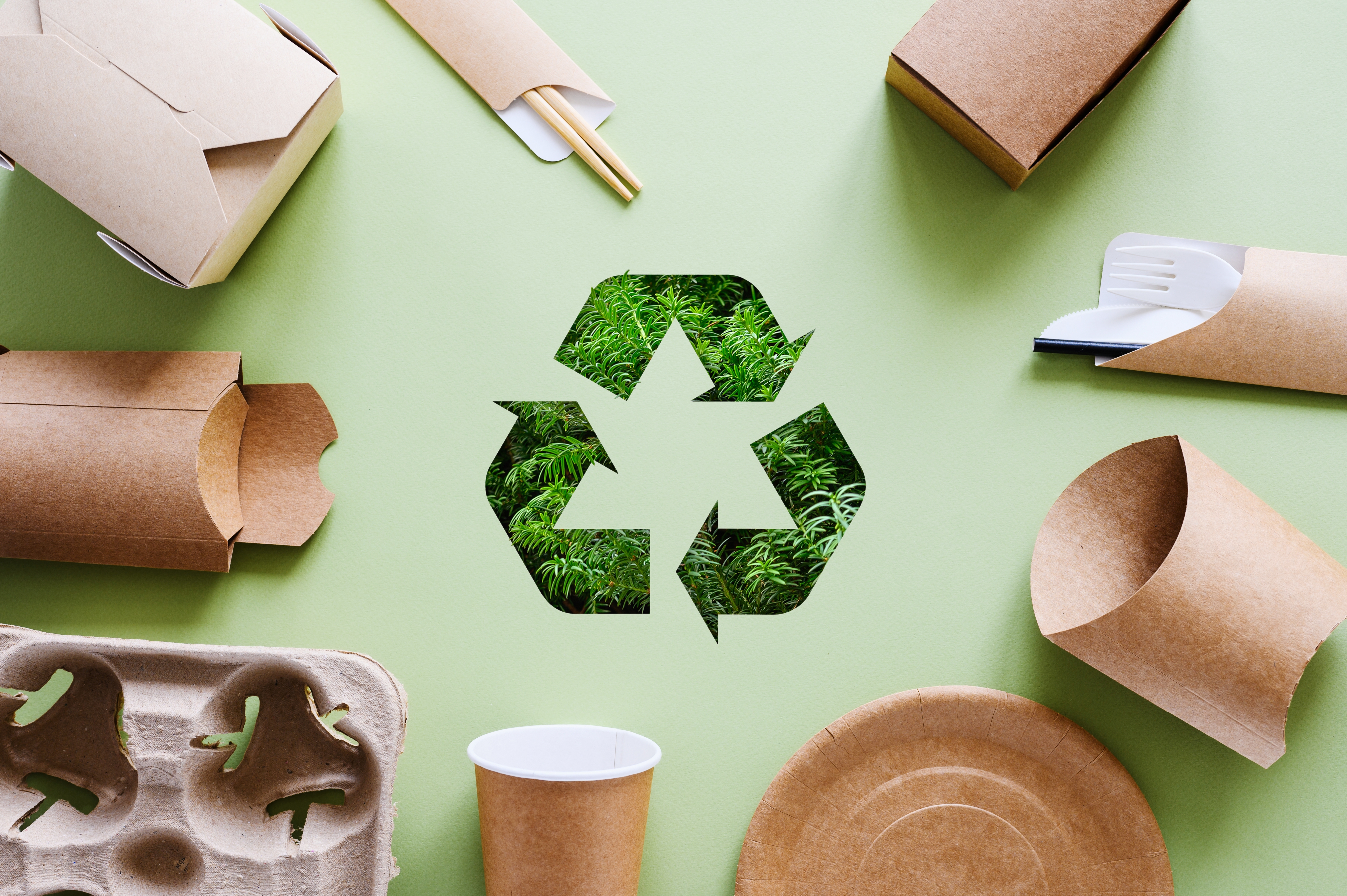
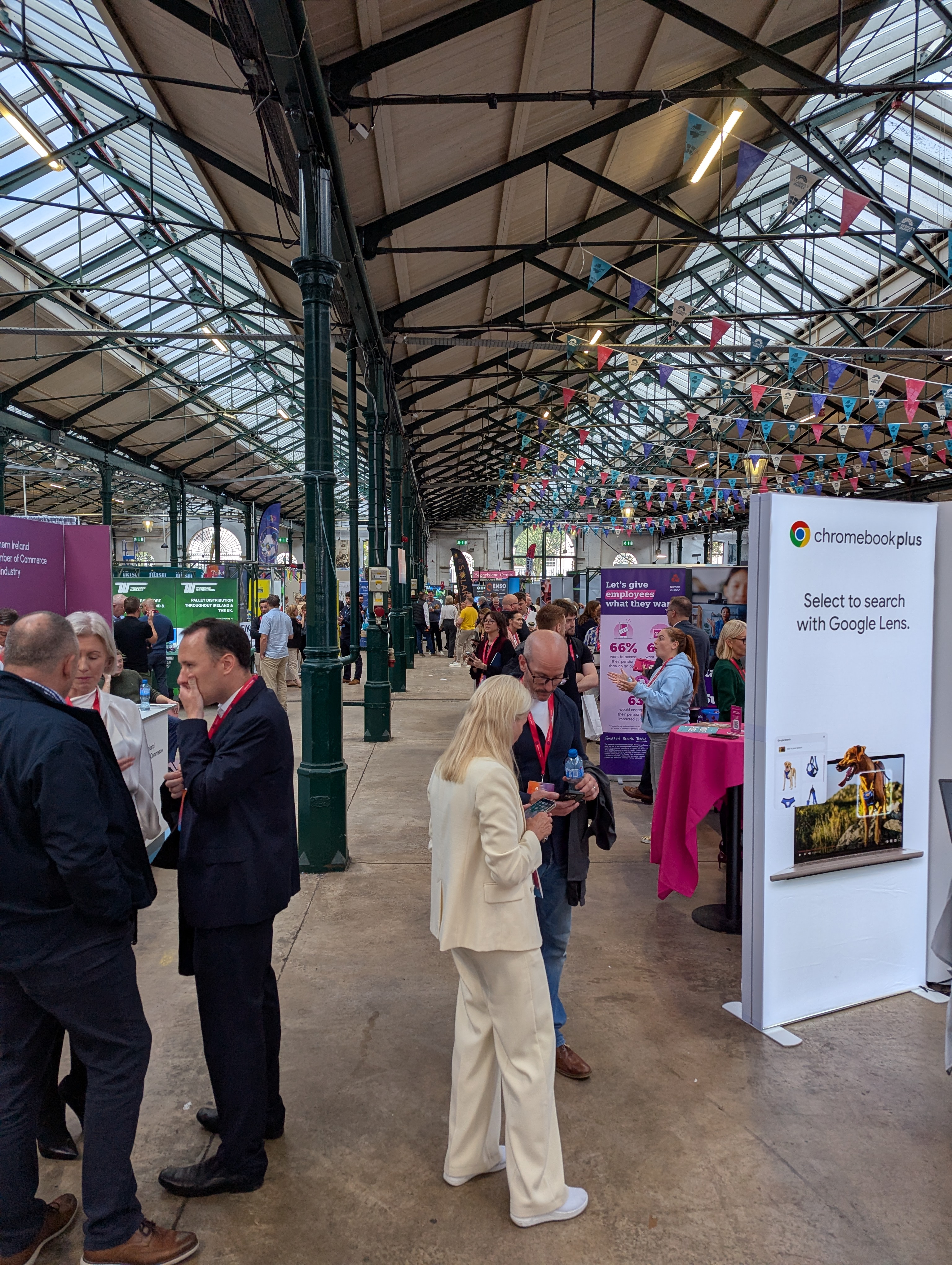
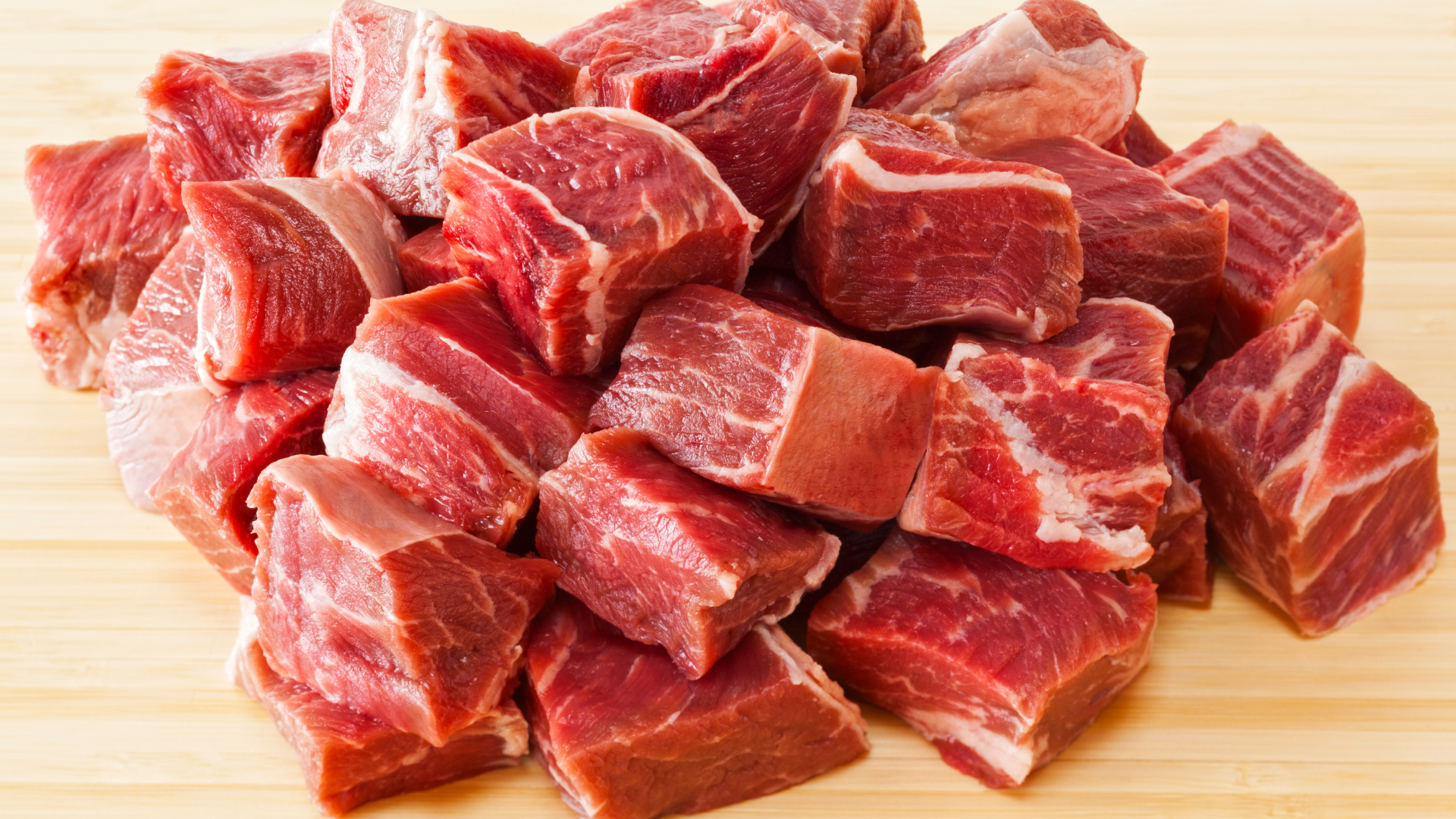

/Blog%20Headers/EUDR%20blog%202025.jpg)
.png)
.png)
/Blog%20Headers/shutterstock_1834054435.jpg)
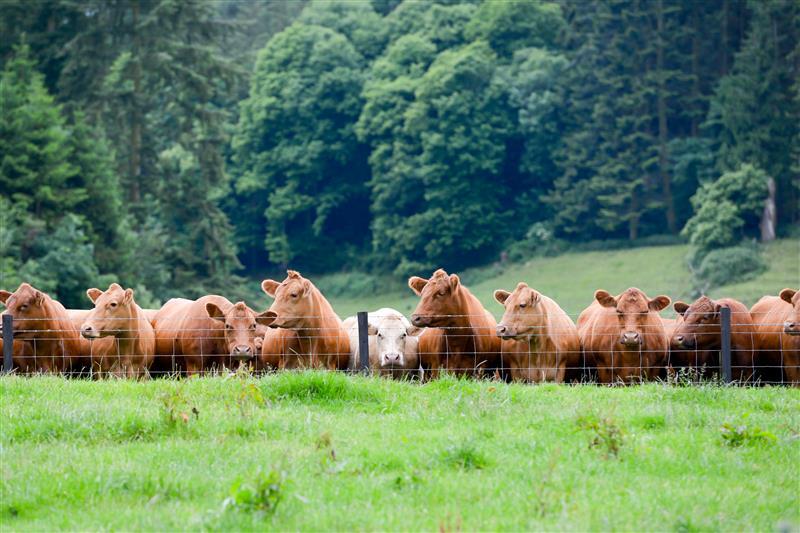
/Blog%20Headers/Preparing%20for%20the%20EU%20Deforestation%20Regulation%20(EUDR)everything%20you%20need%20to%20knowjpg.jpg)
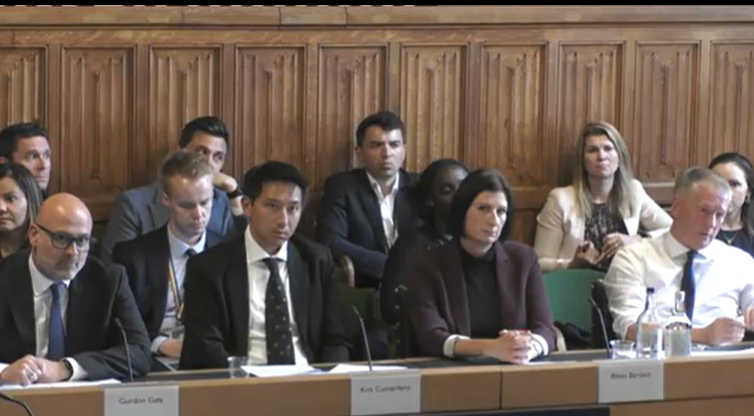
.png)
/Blog%20Headers/shutterstock_2498984931.jpg)
.png)